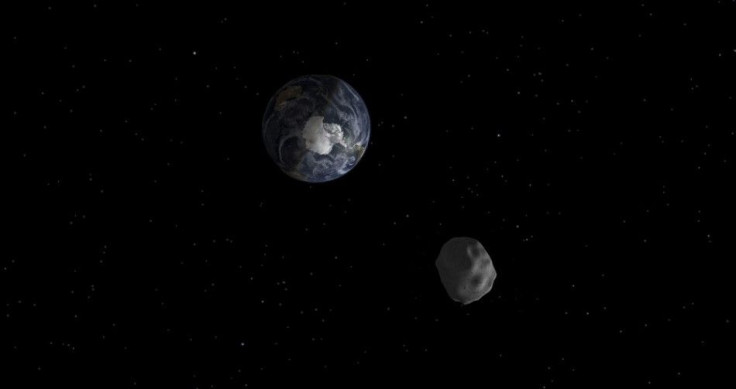Scientists Figure Out A Way To Read Hidden Messages On Ancient Meteorites

British scientists have found a way through which they could unravel messages in the magnetic field of the ancient meteorites that retained a memory of the birth as well as the death of the core of the asteroid.. This would allow the scientists to read and capture the moments of the magnetic field in a meteorite. A report of the research has been published in the journal Nature on Jan 22.
The research was conducted by scientists at the Cambridge University. The team used an X-ray microscope, which they called a synchotron to decode the message in the meteorites. The meteorites that were used for the study are called pallasites and are made of iron and nickel.
Dr Richard Harrison was the lead researcher of the study and lecturer in the Department of Earth Sciences at the University of Cambridge. He said that one of the few ways that they could peek inside a planet was by the observation of the magnetic fields.
The scientists have said that the readings provided them with a glimpse of how the magnetic core of the Earth will behave due to continuous freezing, and the scientists believed that this is of importance as the core affected the magnetic field. It is said that the magnetic field of the Earth had been weakened by 15 percent is a span of over 200 years.
The weakening of the magnetic field results in the exposure of the Earth to solar winds which could, in turn, have the power to punch holes into the ozone layer. This could result in the knock out of the power grids, change in the climate, which will eventually lead to the demise of the Earth.
According to Harrison, it had been assumed for long that the meteorites had poor magnetic memories because they were primarily made of iron, said to have terrible memory. He said that it was thought that the magnetic signals in the meteorites would have to be written and then rewritten several times because of which no one had bothered studying the magnetic properties in detail.
Contact the writer: afza.kandrikar@gmail.com






